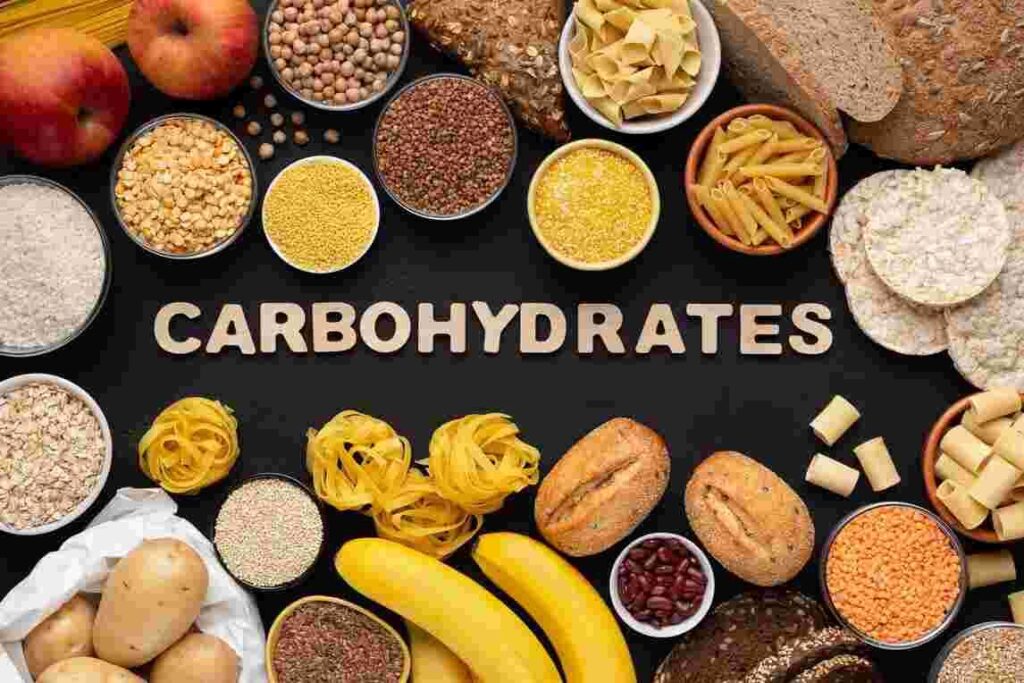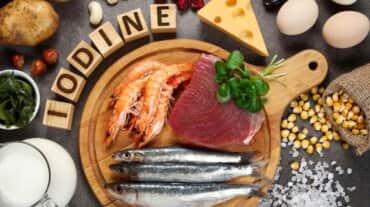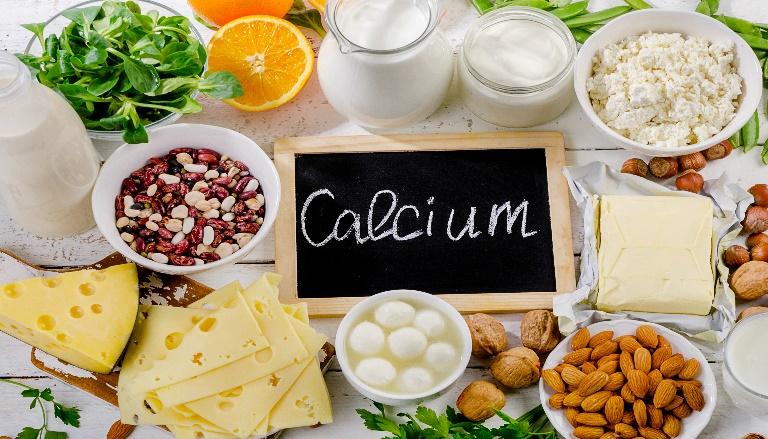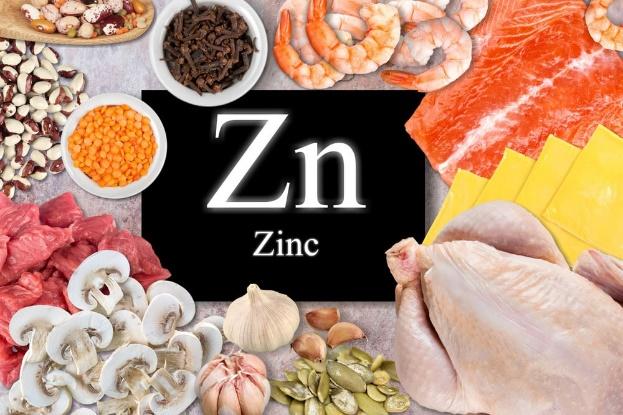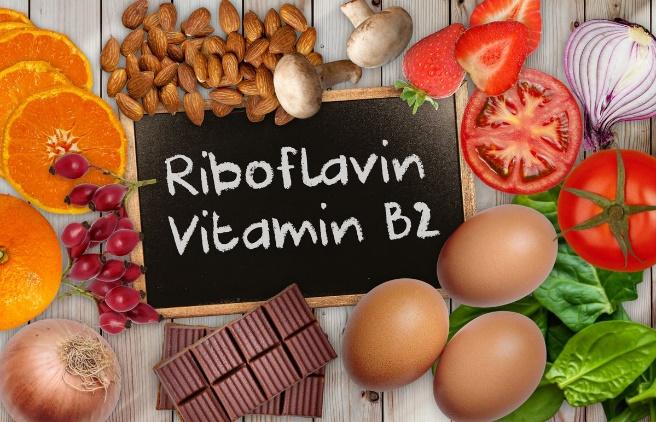Protein
Protein is indeed a crucial component of a healthy diet. It consists of amino acids, which are the building blocks necessary for various functions in the body. Some key functions of protein in our body: Muscle and Bone Health: Regular protein intake supports muscle growth, maintenance, and overall strength. Hormone and Enzyme Production: Proteins are …



